This is Pro Mini 5V/16MHz is a 3.3V Arduino running the 16MHz bootloader. Pro Mini ATMEGA328P comes without connectors. We recommend the first time Arduino users start with the Uno R3.
Its a great board that will get you up and running quickly. The Arduino Pro series is meant for users that understand the limitations of system voltage (5V), lack of connectors, and USB off-board.
The Pro Mini is a microcontroller board base on theATmega328. It has 14 digital input/output pins (of which 6 can be used as PWM outputs), 6 analog inputs, an on-board resonator, a reset button, and holes for mounting pin headers.
A six pin header can be connected to an FTDI cable to provide USB power and communication to the board. The Pro Mini Arduino is intended for semi-permanent installation in objects or exhibitions. The pin layout is compatible with the Mini Arduino.
Features :
ATmega328 running at 16MHz with external resonator (0.5% tolerance).
100% Arduino compatible board.
Max Output Current: 150mA.
Over-current protected.
Reverse polarity protected.
0.8mm Thin PCB.
USB connection off-board.
Supports auto-reset.
Onboard Power and Status LEDs.
You must be logged in to post a review.
You may also like…
-
Arduino Uno
KSh 1,500.00Add to cartThe Arduino Uno includes a user-friendly development environment, a robust ATmega328P microcontroller, and a wealth of digital and analog pins for connecting a wide range of sensors, actuators, and other components. With its USB interface, programming the Arduino Uno is a breeze, making it an ideal choice for various projects, from basic LED blinking exercises to complex home automation systems and robotics projects.
-
Arduino Mega 2560 MICROCONTROLLER
KSh 2,050.00Read moreThe Arduino Mega 2560 is a microcontroller board based on the ATmega2560 (datasheet). It has 54 digital input/output pins (of which 14 can
be used as PWM outputs), 16 analog inputs, 4 UARTs (hardware serial ports), a 16 MHz crystal oscillator, a USB connection, a power jack, an
ICSP header, and a reset button.
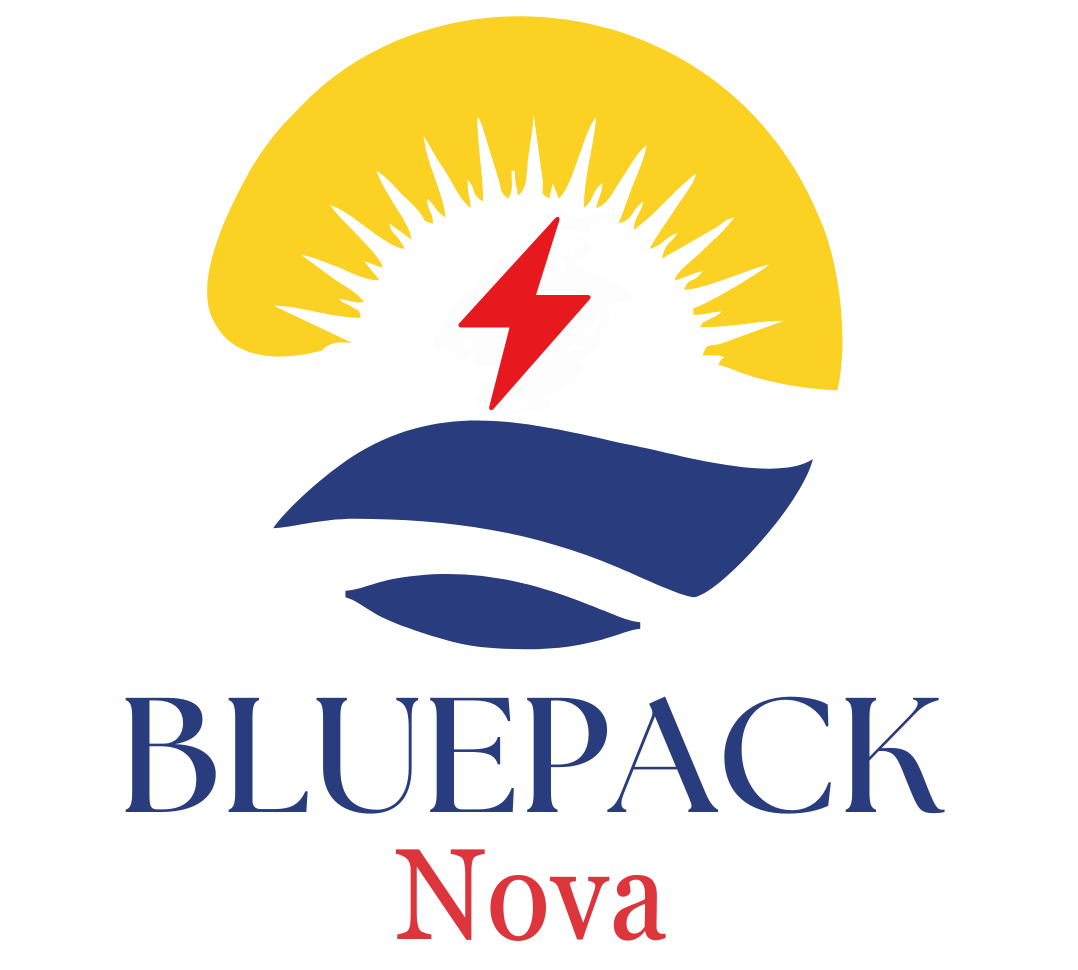
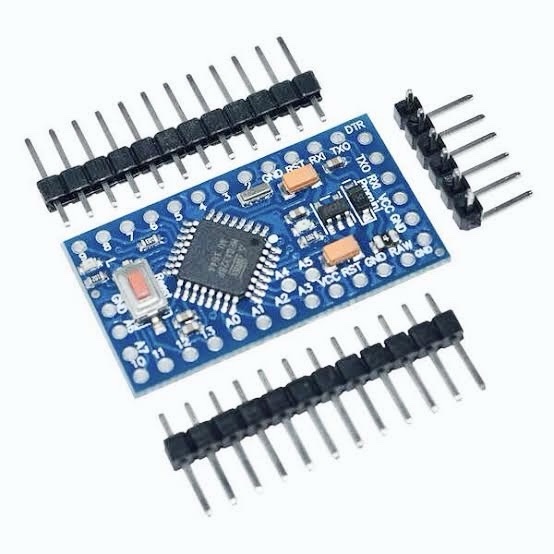
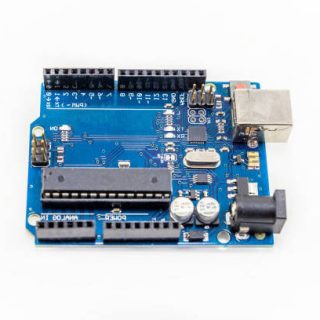
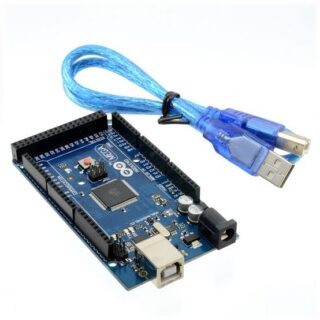
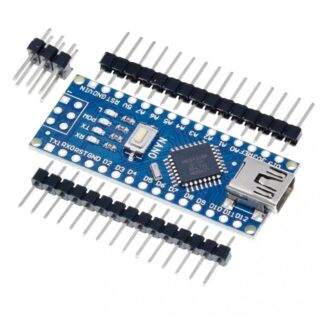
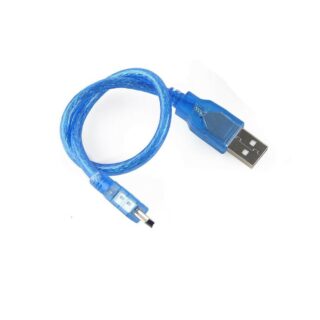
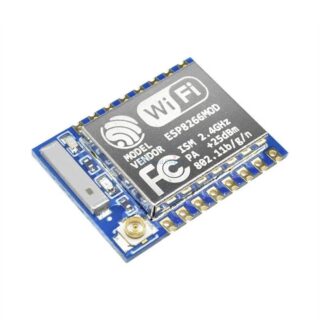
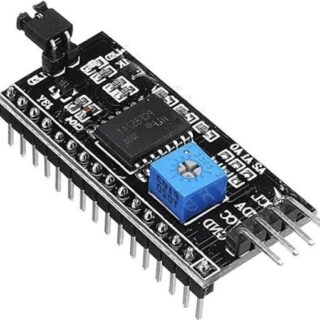
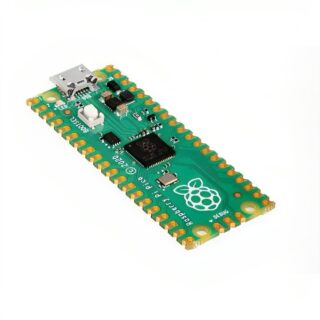
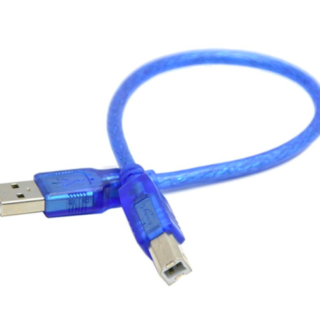
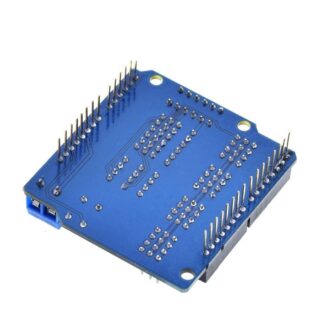
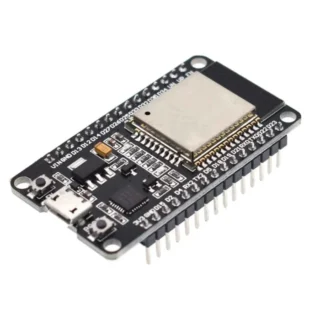
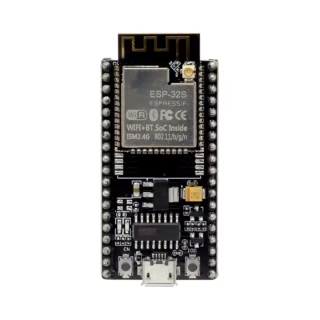
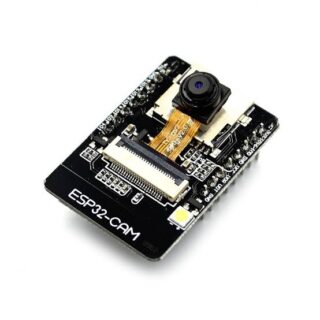
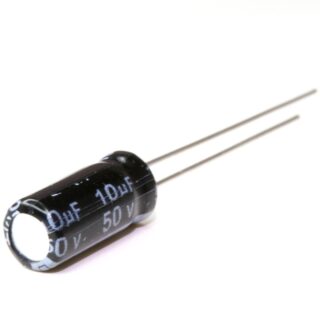
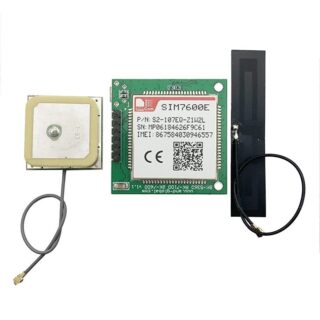
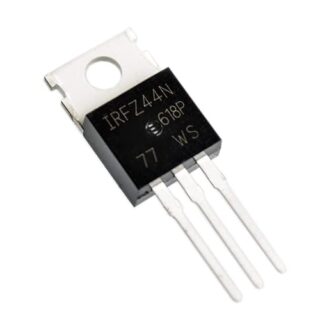
Reviews
There are no reviews yet.